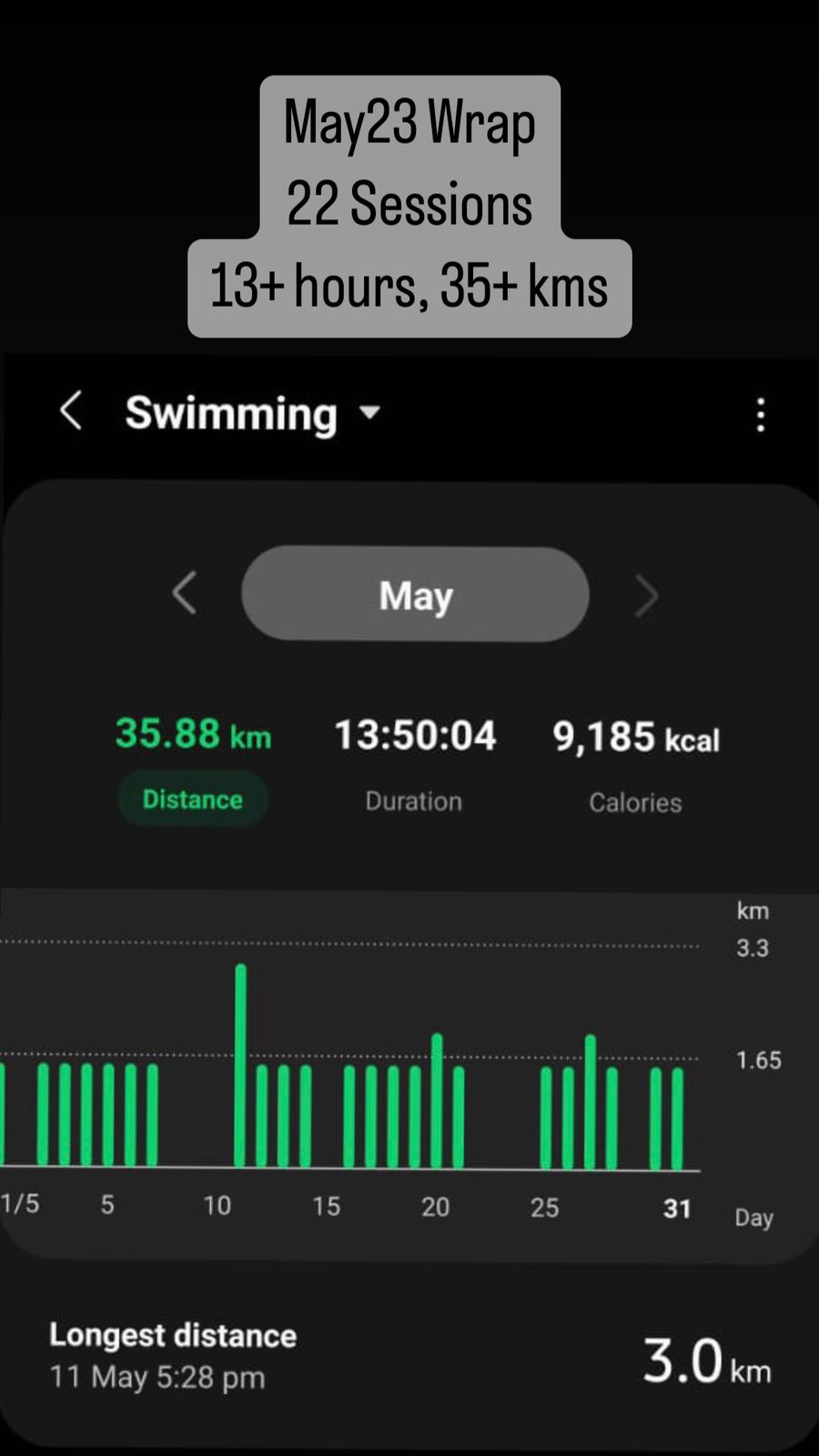In our prim and proper society, farting is often seen as a taboo topic, something to be swept under the rug (or held in, if possible). But let's be real here, folks – everyone farts. It's a perfectly natural bodily function that occurs when gas builds up in the digestive system and needs to be released. So why do we treat it like some sort of scandalous secret?
The truth is, farting is not only normal but also hilarious. Think about it – that unexpected toot during a serious meeting or the silent-but-deadly kind that clears a room in seconds. It's like nature's own little prank, reminding us not to take ourselves too seriously.
But how much is too much? Well, according to experts, the average person farts anywhere from 10 to 20 times per day. Yes, you read that right – up to 20 times a day! And that's for the average person. Imagine being above average in this department – you could be a one-person symphony of flatulence!
Now, let's talk about the factors that influence our farting habits. Age is a big one – as we grow older, our bodies become less efficient at digesting certain foods, leading to more gas buildup (and more opportunities for laughter). Eating habits also play a role, with foods like beans, broccoli, and carbonated beverages being notorious fart-inducers.
Exercise and work habits can also contribute to our gaseous tendencies. Sitting for long periods of time can slow down digestion, leading to more trapped air. On the other hand, intense exercise can cause us to swallow more air, resulting in – you guessed it – more farts.
But fear not, my flatulent friends! Farting is not just normal; it's also a sign of a healthy digestive system. Those little toots are your body's way of letting you know that everything is moving along as it should (pun intended).
So, the next time you let one rip, embrace it! Laugh it off, make a joke about it, or even take a bow if you're feeling particularly proud. After all, a life without farts would be a life without laughter, and what fun is that?
In conclusion, farting is a perfectly normal (and often hilarious) bodily function that we should all feel comfortable discussing and laughing about. So, let's break the taboo and embrace our inner fart-masters, one toot at a time!

